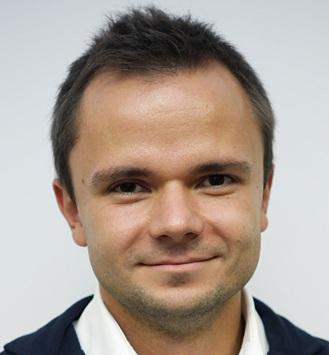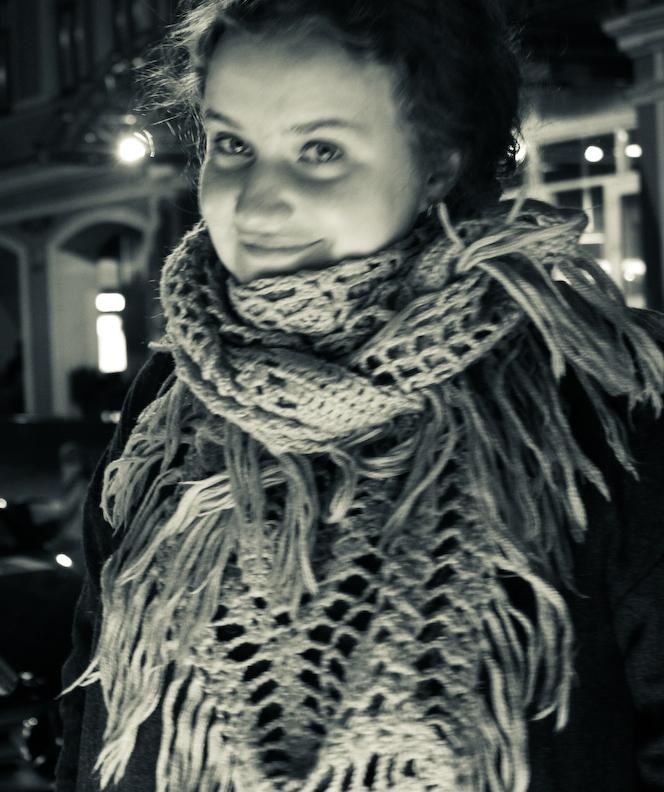It is customary to talk about technology and culture as processes related to the development and expansion of borders. However, the borders are not only expanding, they are also shifting.
Presidential elections and referendums, terrorist attacks and declarations of new capitals, controversial films and offbeat rap battles… Numerous events of recent years encourage us to re-think what to consider normal or acceptable and to discover with surprise or amazement what others think is acceptable. More often than not, general rules and taboos shape both global worldview and individual understanding of intimacy. What one ought to do when these rules change so rapidly?
Where people have been designing the rules of the game for generations, technologies dramatically alter the conventional world order: journalistic ethics, gender behavior, academic interests – all collide with a new information space, a new ethic, leading to sudden outbreaks and explosions, ruining hard-earned reputations and breaking the established connections.
It is difficult to guess what can or cannot (yet) be said. As the list of all possible taboos is expanding globally and locally, the existing tools of censorship are changing, the new ones are appearing, and the means to combat the censor are evolving.
We start to react in new unpredictable ways to the “traditional” or “conventional” taboos, and attempt to shape new rules abiding by the old patterns and habits. The taboos themselves transform and mutate - what we used to perceive as "good" could, in fact, be implanted by the "right of the strong".
How did it happen that, in the fight against what seems to be “evil”, respectable well-intentioned people use the methods that were condemned by the society not so long ago? How does the hierarchy of taboos look like? What is less and what more acceptable? In which cases can the taboos be useful? Could the strategy of rejecting the rules all together be a winning one? Could it be that those, who make use of technologies but do not burden themselves with the corresponding rules, will catch up and overtake the high achievers who struggle to “do it right”? The rules of the game – is it also the problem of the fathers and the sons? How does one create the rules if they cannot be controlled?
We invite you to join TEDxMoscow 2018 to jointly think about ways of survival in the world of new rules and old problems.
12 Lavryshinsky pereulok
Moscow, Moskva, 119017
Russia
- Event type:
- Standard (What is this?)
Speakers
Speakers may not be confirmed. Check event website for more information.
Alexandra Arkhipova
AntropologistAlexei Novikov
Urbanist and entrepreneurAlexey Sidnev
Social entrepreneurAnna Narinskaya
Literary critic, journalistAnton Kornyshov
Sourdough bread bakerEkaterina Shilonosova
ComposerEvgeny Grinko
ComposerGalina Akchurina
Tax lawyerMarina Obmolova
Social projects producerMikhail Maizuls
Historian, medievalistNatalia Rivkina
Psychiatrist, psychotherapistVera Martynov
Artist, DirectorYaroslav Timofeev
MusicologistYuri Saprykin
Russian journalist
Journalist, head of “Polka” education project, Afisha magazine ex-editor in chief, music critic, cultural festival organizer.Yury Stebunov
ScientistOrganizing team
-
Aleksei Smirnov
Operations -
Alexey Rumin
Production -
Andrey Voronin
Production -
Anna Kosheleva
Production -
Elena Anastasieva
Marketing/Communications -
Euginia Russkih
Operations -
Igor Tulin
Marketing/Communications -
Marina Danshina
Production -
Max Gerasimov
Partnerships/Sponsorship -
Natalia Gerasimova
Production -
Nikolay Alabanco (Yakovenko)
Production -
Peter Mansilla Cruz
Curation -
Sofia Ivanova
Operations -
Yulia Maksimova
Operations -
Александр Сычев
Production

